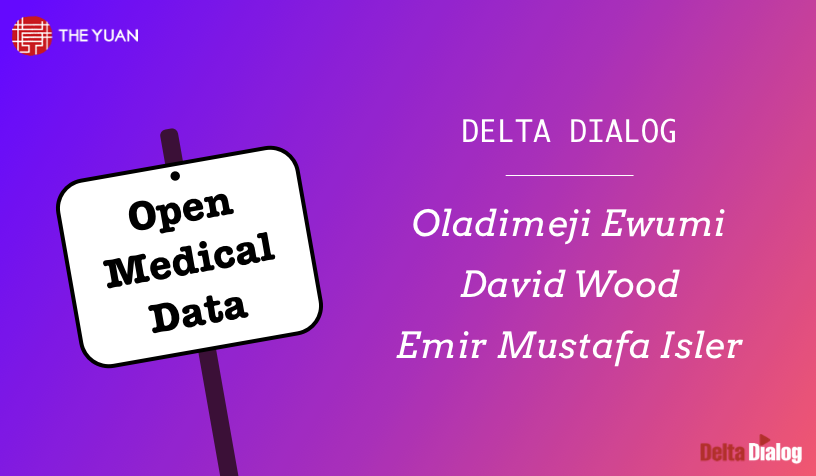
LISBON -
AI, Open Data, and Healthcare Transformation for Marginalized Populations
Addressing under-representation and biases in the realm of medical data is essential, especially when it comes to underrepresented populations. We may start to address these imbalances by supporting AI and open data efforts. By actively seeking diversity in the training datasets, AI systems can aid in the detection and correction of biased data. We can guarantee that AI systems give fair and accurate insights across all populations by including data from underrepresented groups. Initiatives to promote open data promote transparency, enabling academics and healthcare professionals to examine, verify, and correct biases in medical data. This inclusive strategy promotes trust and makes it possible for underprivileged communities to receive more complete healthcare solutions.
In the field of healthcare, merging AI with open data has enormous potential. In many different medical applications, deep-learning models have shown promising results in predicting and evaluating risks or outcomes. AI systems can find patterns, correlations, and prediction markers using massive open medical datasets that human specialists would miss. Predictive models powered by AI, for instance, can help with early diagnosis, individualized treatment regimens, and illness progression tracking. With the help of these insights, this method equips medical professionals with the knowledge they need to make wise choices and enhance patient outcomes.
Open data and AI have the potential to completely change surgical processes and the medical profession. AI algorithms can help surgeons with preoperative planning, precise guiding during operations, and postoperative monitoring by evaluating enormous volumes of medical data. With this technology, surgical precision is increased, complications are decreased, and patient safety is increased. Robotic surgery, augmented reality visualization, and real-time data integration for surgical decision-making are some notable developments. Optimizing surgical procedures through the use of AI and open data has the potential to significantly enhance patient care and results.
Due to historical underrepresentation of African populations in global genomic libraries, there exist major genetic biases in healthcare. Recent studies have illuminated the distinctive genetic variations found in African communities, nevertheless. Researchers can use these findings to boost drug development efforts by using AI algorithms and open data. Large-scale genomic datasets can be analyzed using AI-driven methods, which can also help detect genetic differences unique to African people and suggest possible treatment targets. With this inclusive strategy, solutions for precision medicine that take into account the genetic diversity of populations around the world can be developed, promoting equitable healthcare results for all.
What’s in it for me? / Why should I care?
It is crucial to care about the convergence of AI, open data, and healthcare because it supports equity, individualized care, better surgical results, and open access to drug discovery. These developments may enhance the standard of the healthcare you receive and help create a more equitable and inclusive healthcare system as a whole.
Further Reading:- Open medical data to make Africa ‘new breeding ground for digital health’
- Five exciting healthcare trends to watch out for in Africa next year
- Reimagining Africa’s Post-Pandemic Healthcare Through AI: A Roadmap to Maturity





 500 views
500 views






